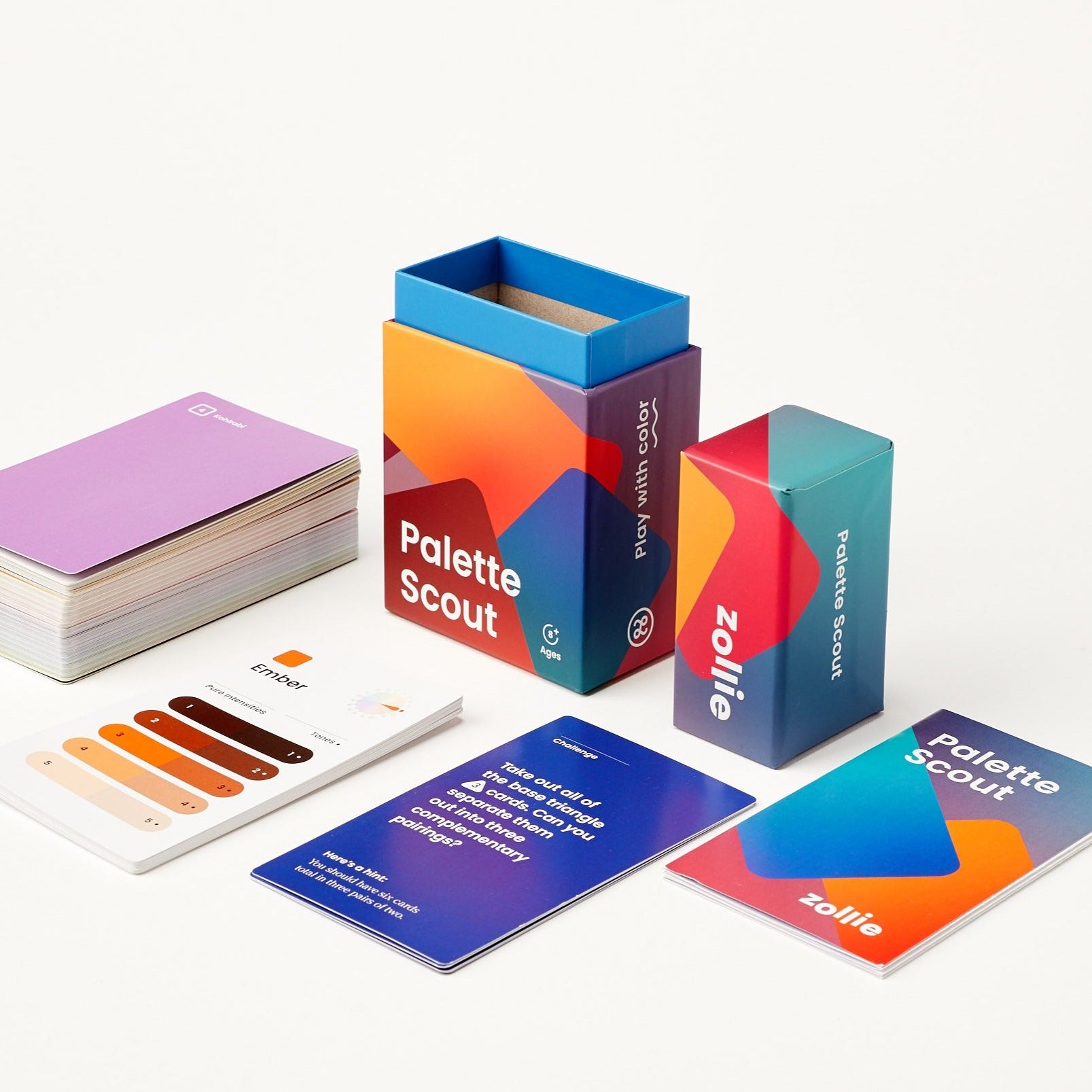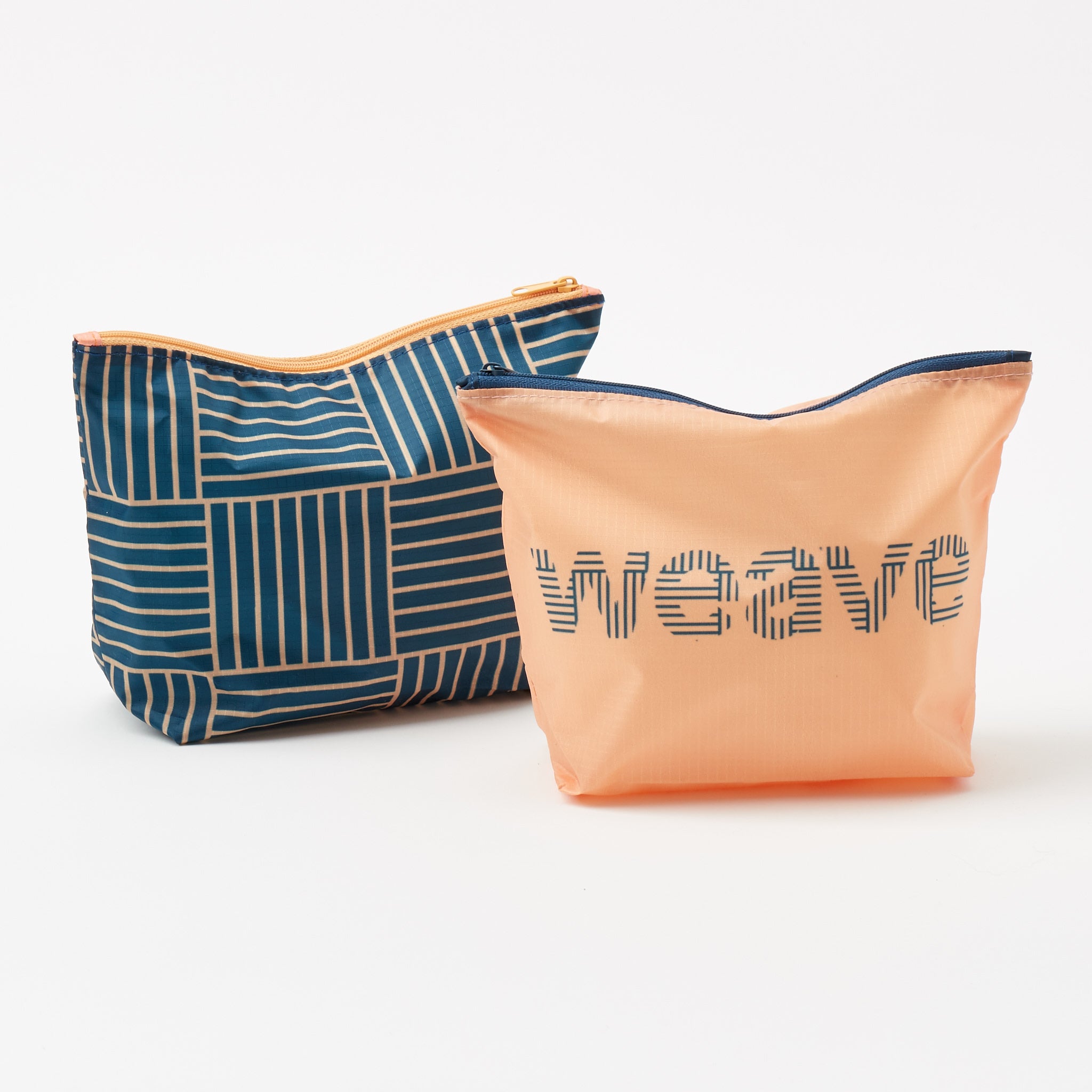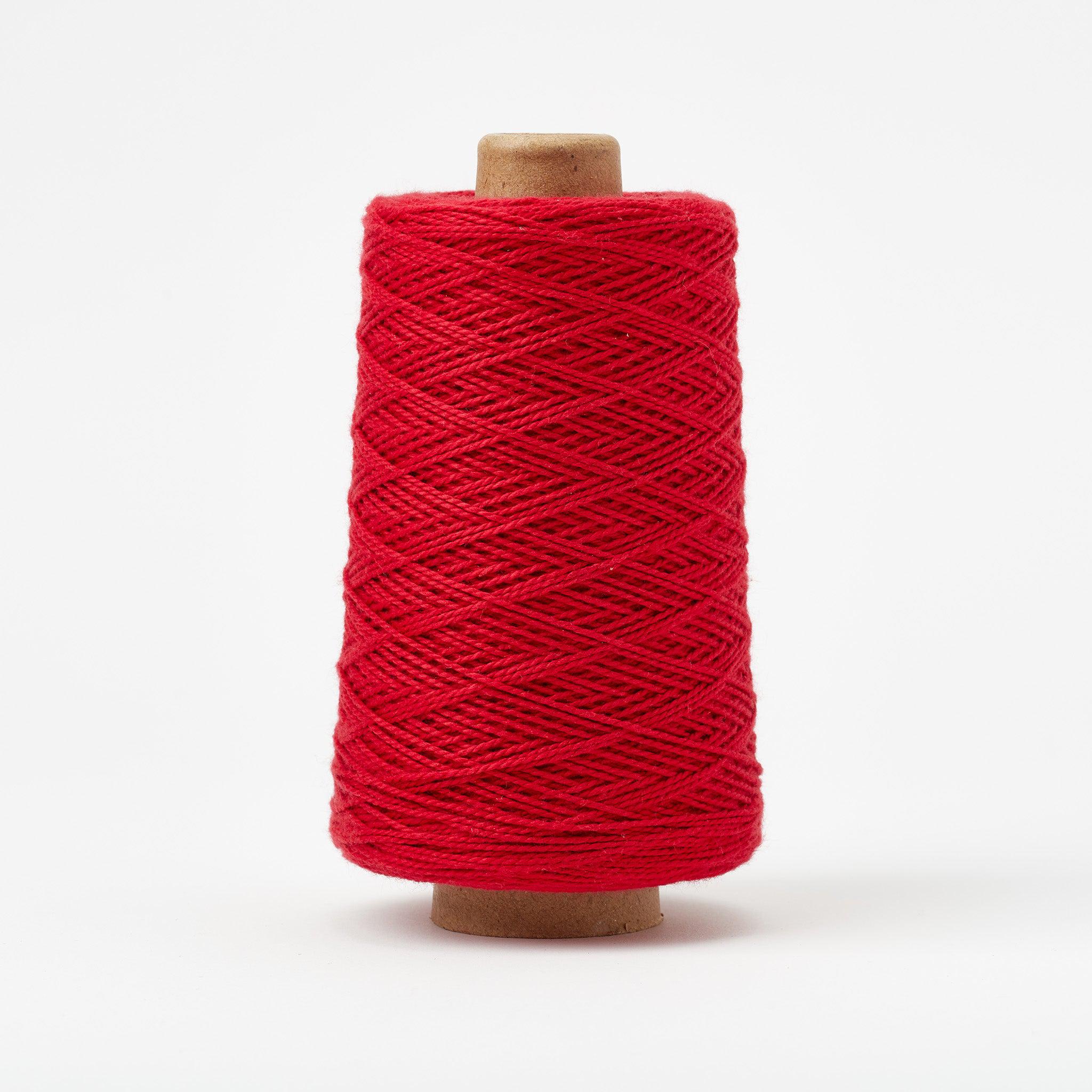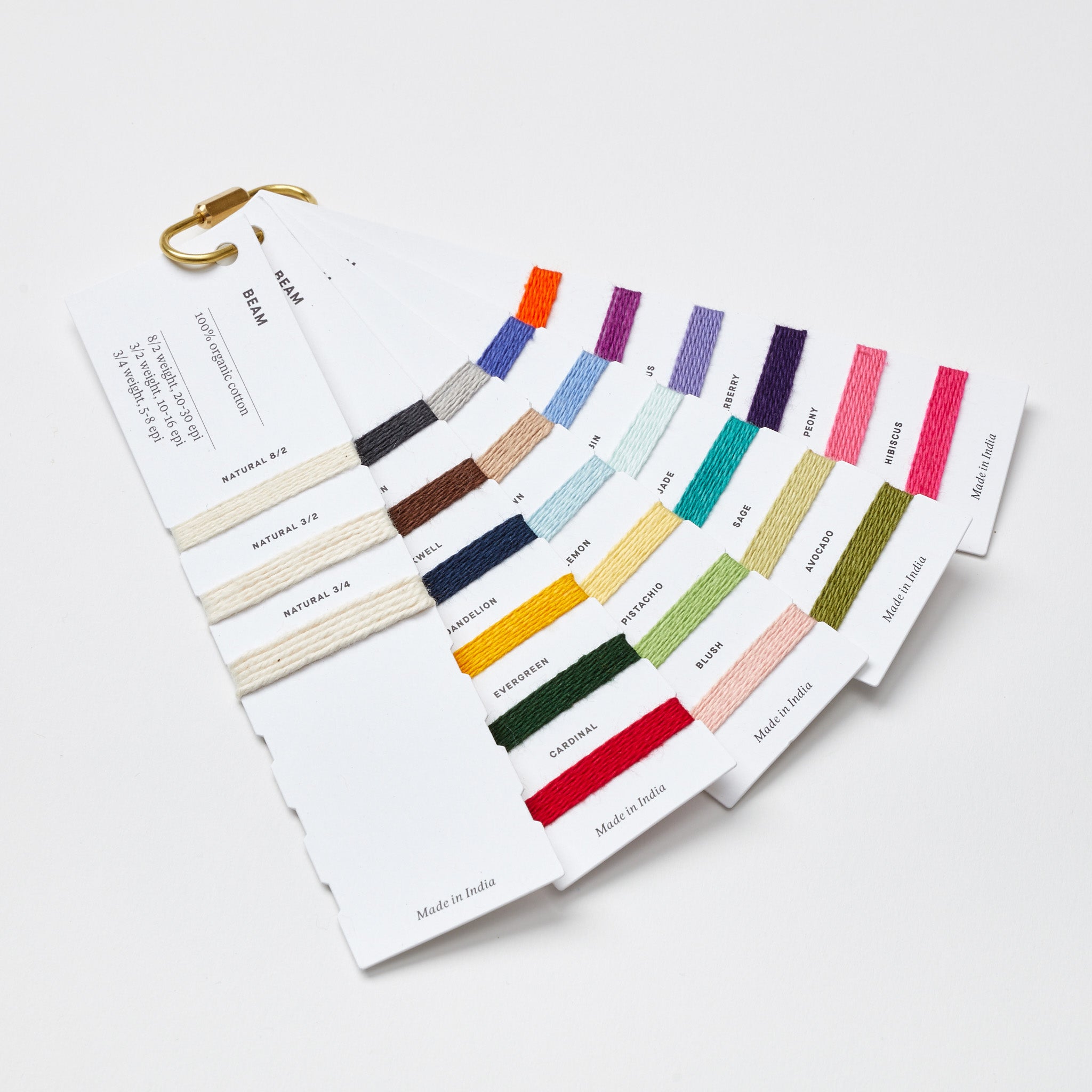Shopping Cart
*continental US addresses only

*continental US addresses only
Your Cart is Empty




We are pleased to announce the artists selected to participate in the WEAVE residency program for 2024. It is a pleasure to support these amazing artists and their communities, and we are looking forward to showcasing their work. We are thrilled to see such a growing interest in this program, and we couldn't do it without our wonderful customers. Thanks to you all, we can continue to grow this program.
It is clear from the overwhelming number of applications we received that more opportunities like this are needed. Through a free and simple application process, we are committed to making future residency opportunities accessible to all artists. Please check back in January 2025, when we accept applications again. Explore each artist's project and learn more about what they will work on below!
Shannon Sea Novaa is a Bahamian-American designer and interdisciplinary artist, has an intrinsic connection with shapes as her expressive and experimental language. Through fiber art, object design, sound, and performance, her works explore the interplay of form, meaning, and freedom. Harnessing the power of shapes and our ritualistic relationship to them, Sea Novaa pushes artistic boundaries, inviting audiences to expand their perception of the world.
This is a three-day program that will take place over three weeks. During the first day, students will learn the art of weaving and create a woven tapestry piece that represents their dreams and aspirations. They will be encouraged to think about what they hope to achieve and use materials, colors, and writings that symbolize their dreams. The students are encouraged to write their goals or words of inspiration on fabric strips, which can then be woven into the piece. These words can either be visible or discreetly nestled within the weave. The weaving process will teach students a new skill and help them reflect on their goals, aspirations, and to cultivate the idea that anything is possible. By the end of the workshop, participants will have created a meaningful, artistic, and functional stool that serves as a reminder of their dreams but inspires them to turn their dreams into reality. This workshop not only teaches students the art of weaving and furniture design but also encourages them to think critically about their aspirations and how they can turn them into tangible objects.
 Image Credit Photo courtesy of Harrison Truong
Image Credit Photo courtesy of Harrison Truong
Edi Dai (she/they) is an artist, educator, and cultural producer living and working in Los Angeles and the Bay Area, California. They received an M.F.A. in Painting and Printmaking from the Yale School of Art in 2019 and a B.A. in Studio Art from the University of California, Irvine in 2010. They’re the recipient of the Martha Trevor Award from the American Institute of Graphic Arts as well as the Helen Watson Winternitz Award and the Post-Graduate Research Fellowship from the Yale School of Art. Group exhibitions of their work have been included at the Beall Art and Technology Center, Transmitter Gallery, SOMArts Cultural Center, Palo Alto Arts Center, and Tiger Strikes Asteroid in New York. In 2018, they were part of the inaugural Diversifying Art Museum Leadership Initiative Fellowship at the Cleveland Museum of Art. Currently, they’re an artist in residence at Pilgrim School, Los Angeles.
A majority of the textiles consumed in the U.S. are produced by people who live in the Global South (particularly Asian countries including China, India, Bangladesh, and Vietnam). This is largely due to manufacturing infrastructure, cheap or forced labor, as well as minimal safety protections. The cotton industry hasn't always depended on these conditions. There was a time when individual family units would grow, spin, and weave their own cotton for personal textiles or their local community. Tragically, different economic structures supported human trafficking systems leading to chattel slavery, debt bondage, and misleading contracts, taking us to a different scale of oppressive labor practices still existing today. Groundwork invites an alternative approach, encouraging local communities to develop sustainable and small-scale fiber systems.
Rarely do individuals in the U.S. have the opportunity to experience the entire growing and production process of textile goods from seed. Groundwork brings together local K-12 students and artisans from handweaving guilds centering community growing, spinning, and weaving unconventional plant fibers. Through hands-on active learning, students will nurture ecological mindfulness, preserve craft traditions, and develop local fiber systems.



Donelle Wedderburn is a Jamaican-American writer and audio producer. Her work sits at the intersection of Black history, oral storytelling, and the natural environment. She has contributed to developing and producing a range of audio documentaries and broadcasts for NPR, ABC News, Food Culture Collective x Heal Food Alliance, and Ten Percent Happier. In her free time, she loves to write poetry and draw connections between the worlds of literature and landscape. Black women writers like Jamaica Kincaid, Toni Morrison, and June Jordan moved through the worlds of storytelling, urban planning, and design and showed her it was possible to do the same.
Aliana Grace Bailey's Instagram
Soft Gather is a series of healing spaces. Utilizing fiber and the vibrant language of color therapy, Black women and gender-expansive people and communities are invited to gather, reflect, rest, and nurture relationships comfortably. Soft Gather is an intentional space that evokes a cohesive sense of mind, body, and spirit through art. The first installation will be installed in April 2024 for Black Maternal Health Week. This series will be ongoing, travel, and the designs of the spaces will morph based on community needs.



